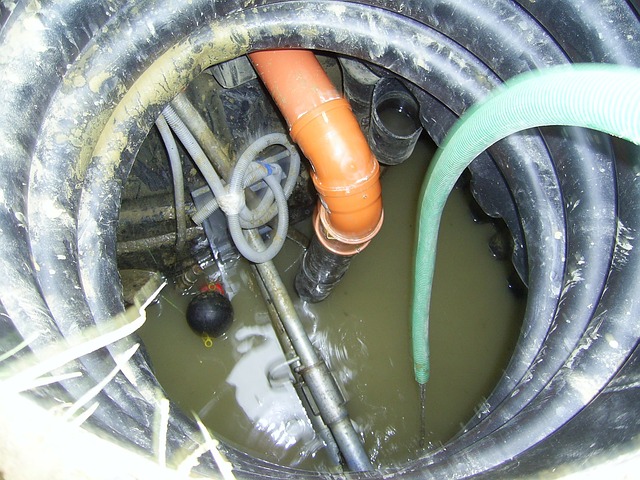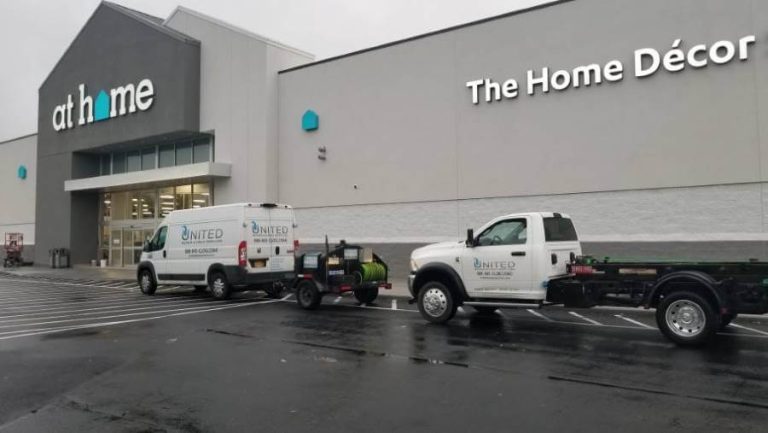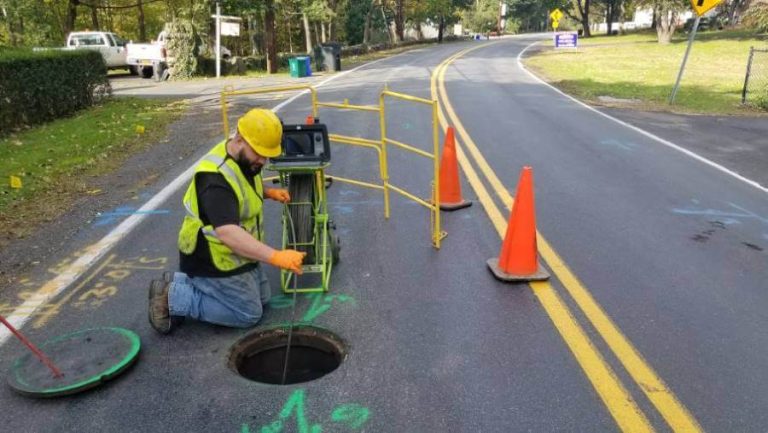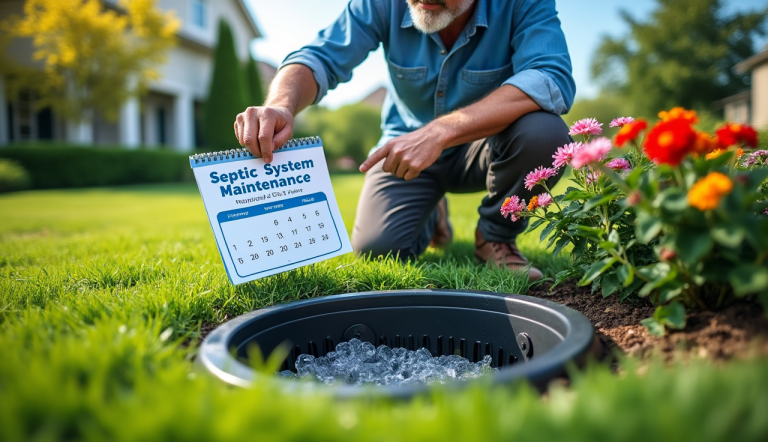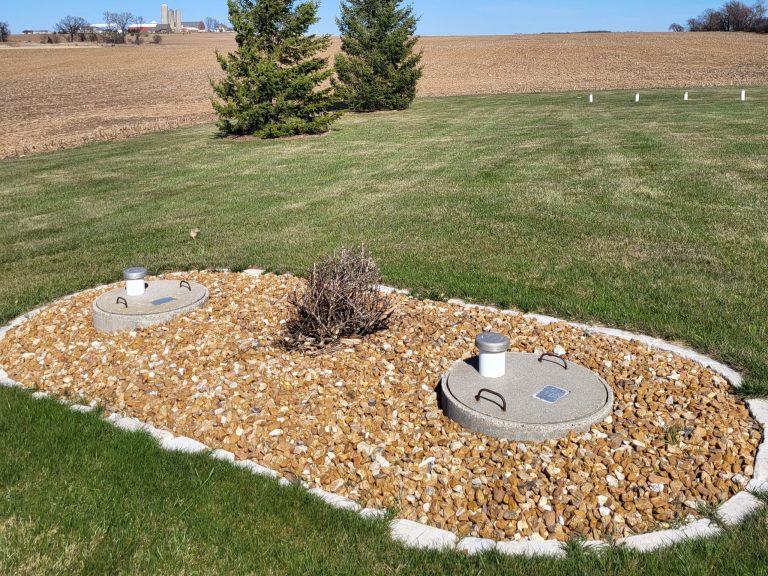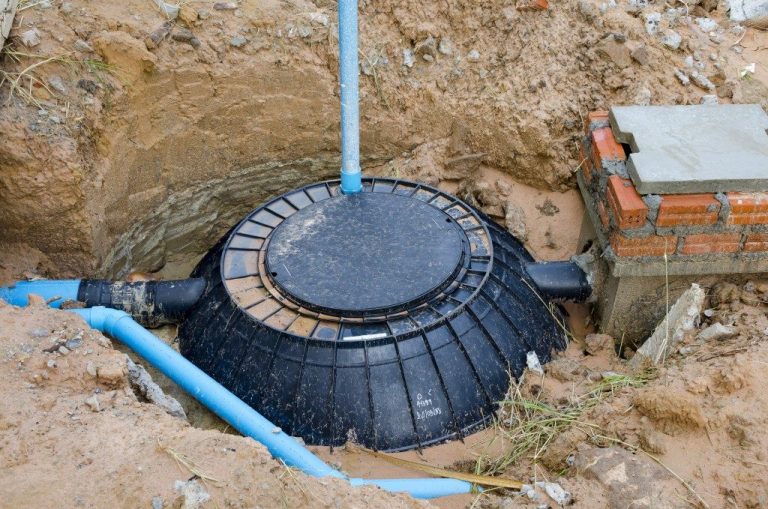Troubleshooting Lift Station: Middletown Ultimate Guide
Troubleshooting lift station issues in Middletown, NY. Learn quick fixes for pump failures, control panels, and float switches.
Troubleshooting lift station issues problems can cause major headaches for property owners and municipalities in Middletown, New York. When these crucial components of the wastewater system malfunction, it can lead to backups, overflows, and costly repairs. This article will provide practical solutions for troubleshooting common lift station issues, helping you keep your system running smoothly.
Table of Contents
Key takeaways
- Pump failures are often caused by clogs, worn impellers, or electrical issues
- Control panel malfunctions can result from faulty wiring or damaged components
- Float switch problems may stem from debris buildup or incorrect positioning
- Regular maintenance is essential for preventing lift station breakdowns
- Power outages require backup generators or alternative power sources
- Proper documentation of repairs and inspections helps track recurring issues
- Local regulations in Middletown, NY must be followed for lift station operations
Understanding Troubleshooting Lift Station Issues Basics
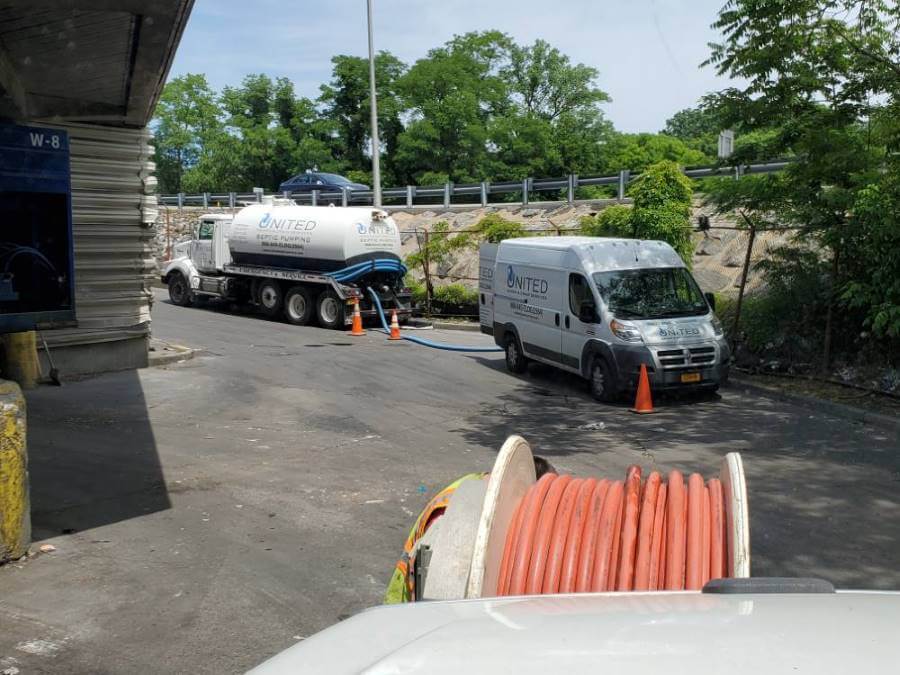
Troubleshooting lift station issues are an essential part of Middletown’s wastewater infrastructure, pumping sewage from lower to higher elevations. They consist of a wet well, pumps, piping, valves, and a control system. When working correctly, lift stations ensure that wastewater flows smoothly through the sewer system. However, various issues can disrupt their operation.
Common Lift Station Problems and Solutions
Pump failures
Pump problems are among the most frequent lift station issues. They can occur due to clogs, worn impellers, or electrical malfunctions. Here’s troubleshooting lift station issues how to address these problems:
- Check for clogs: Remove any debris blocking the pump intake.
- Inspect impellers: Look for signs of wear or damage and replace if necessary.
- Test electrical connections: Ensure all wiring is secure and undamaged.
- Verify proper voltage: Use a multimeter to check if the pump is receiving the correct power supply.
If these steps don’t resolve the issue, it may be time to call in a professional pump repair service in Middletown.
Control panel malfunctions
The control panel is the brain of your lift station. When it malfunctions, the entire system can fail. Here’s what to do:
- Check for tripped breakers or blown fuses.
- Inspect wiring for signs of damage or corrosion.
- Test individual components like relays and switches.
- Verify that all settings are correct and haven’t been accidentally changed.
For complex control panel issues, it’s best to consult with a qualified electrician familiar with lift station systems in the Middletown area.
Float switch problems
Float switches control pump operation based on water levels. When they malfunction, pumps may not turn on or off correctly. Try these troubleshooting steps:
- Clean float switches to remove any buildup.
- Check for tangled or obstructed floats.
- Verify that floats are positioned correctly in the wet well.
- Test float switch operation manually.
If float switches continue to cause problems, consider upgrading to more reliable level sensing technology.
Wet well issues
The wet well is where wastewater collects before being pumped. Problems here can affect the entire lift station:
- Remove any large debris or buildup in the wet well.
- Check for structural damage or leaks.
- Ensure proper ventilation to prevent odor and gas buildup.
- Verify that inflow and outflow pipes are clear and undamaged.
Regular cleaning and inspection of the wet well can prevent many issues before they become serious.
Valve malfunctions
Valves control the flow of wastewater through the lift station. When they fail, it can cause backups or inefficient pumping:
- Inspect valves for signs of wear or damage.
- Clean valve seats and check for proper sealing.
- Lubricate moving parts as recommended by the manufacturer.
- Test valve operation to ensure smooth opening and closing.
Replacing worn valves promptly can prevent more serious problems down the line.
Preventive Maintenance Strategies
Regular maintenance is key to avoiding lift station breakdowns. Here’s a basic maintenance schedule for Middletown lift stations:
Weekly tasks
- Visual inspection of the lift station
- Check pump operation and record run times
- Listen for unusual noises or vibrations
Monthly tasks
- Clean float switches and check operation
- Inspect control panel components
- Grease pump bearings (if applicable)
Quarterly tasks
- Clean wet well and remove debris
- Test alarm systems
- Check valve operation
Annual tasks
- Perform comprehensive pump maintenance
- Inspect electrical systems thoroughly
- Review and update emergency response plans
Dealing with Power Outages
Power failures can quickly lead to lift station overflows. Here’s how to prepare:
- Install a backup generator sized appropriately for your lift station.
- Regularly test and maintain the generator.
- Have a plan for portable pump deployment if needed.
- Consider installing a battery backup system for critical controls.
Work with local emergency services in Middletown to coordinate response plans for extended power outages.
Odor Control Measures
Troubleshooting lift station can sometimes produce unpleasant odors, which may concern nearby residents. Try these odor control methods:
- Ensure proper ventilation of the wet well.
- Use odor-neutralizing chemicals or biofilters.
- Install carbon filters on vents.
- Maintain a regular cleaning schedule to prevent buildup of odor-causing substances.
Safety Considerations
Working with lift stations can be dangerous. Always prioritize safety:
- Use proper personal protective equipment (PPE).
- Follow lockout/tagout procedures when working on pumps or electrical systems.
- Test for harmful gases before entering confined spaces.
- Ensure at least two people are present for maintenance tasks.
Comply with all local and state safety regulations applicable to lift station operations in Middletown, New York.
Documentation and Record-keeping
Keeping detailed records helps track recurring issues and plan maintenance:
- Log all inspections, repairs, and maintenance activities.
- Record pump run times and energy usage.
- Document any unusual events or alarms.
- Keep an up-to-date inventory of spare parts and equipment.
Use this data to identify patterns and predict potential problems before they occur.
Upgrading Troubleshooting Lift Station Technology
Consider these upgrades to improve lift station performance and reliability:
- Install SCADA (Supervisory Control and Data Acquisition) systems for remote monitoring.
- Upgrade to more efficient pumps with variable frequency drives.
- Implement advanced-level sensing technologies.
- Add redundant systems for critical components.
Consult with local engineering firms familiar with Middletown’s infrastructure to plan upgrades effectively.
Working with Local Authorities
Coordinate with Middletown’s water and sewer department for:
- Reporting major issues or overflows
- Obtaining permits for repairs or upgrades
- Accessing municipal resources during emergencies
- Staying informed about local regulations and standards
Building a good relationship with local authorities can be invaluable during lift station emergencies.
Environmental Considerations
Troubleshooting lift station issues Learn quick fixes for pump failures, control panels, and float switches. Lift station failures can have serious environmental impacts. Take these steps to minimize risks:
- Develop a spill response plan.
- Train staff on proper environmental procedures.
- Monitor nearby water sources for potential contamination.
- Implement green technologies where possible to reduce energy use and emissions.
Public Education and Outreach
Educating the public about proper sewer use can prevent many lift station problems:
- Distribute information about what not to flush or pour down drains.
- Offer tours of wastewater facilities to interested community groups.
- Participate in local events to raise awareness about wastewater infrastructure.
- Use social media to share tips and updates about the sewer system.
Seasonal Considerations for Middletown
Middletown’s changing seasons can affect troubleshooting lift station issues operation:
Winter precautions
- Insulate exposed pipes to prevent freezing
- Clear snow and ice from access points
- Check heaters in control panels and pump houses
Spring preparations
- Inspect for damage from winter weather
- Clean catch basins to handle increased rainfall
- Check for groundwater infiltration into the system
Summer maintenance
- Monitor for increased odors due to heat
- Ensure proper ventilation of equipment
- Watch for electrical issues caused by high temperatures
Fall readiness
- Remove fallen leaves from lift station areas
- Prepare equipment for upcoming cold weather
- Schedule any major repairs before winter sets in
Comparative Analysis of Pump Types
| Pump Type | Advantages | Disadvantages | Best Use Case |
|---|---|---|---|
| Submersible | Compact, quiet operation | More difficult to access for maintenance | Deep wet wells, limited space |
| Self-priming | Easy maintenance access | Requires more space above ground | Shallow wet wells, frequent maintenance needs |
| Chopper | Handles solids well | Higher initial cost | Systems with high debris content |
| Grinder | Reduces solids size | More complex, higher maintenance | Residential areas with risk of large solids |
Emergency Response Checklist
- Assess the situation and ensure safety
- Notify relevant authorities and team members
- Implement temporary measures to prevent overflows
- Document the incident and response actions
- Review and update emergency procedures based on the experience
By following these guidelines and maintaining a proactive approach to lift station management, Middletown property owners and operators can minimize downtime, reduce costs, and ensure the reliable operation of their wastewater systems. Remember, when in doubt, always consult with local experts familiar with the specific challenges of lift stations in the Hudson Valley region.
Troubleshooting lift station issues in Middletown, NY. Learn quick fixes for pump failures, control panels, and float switches. Maintain your wastewater system efficiently. For more information, you can visit our website or contact us.

